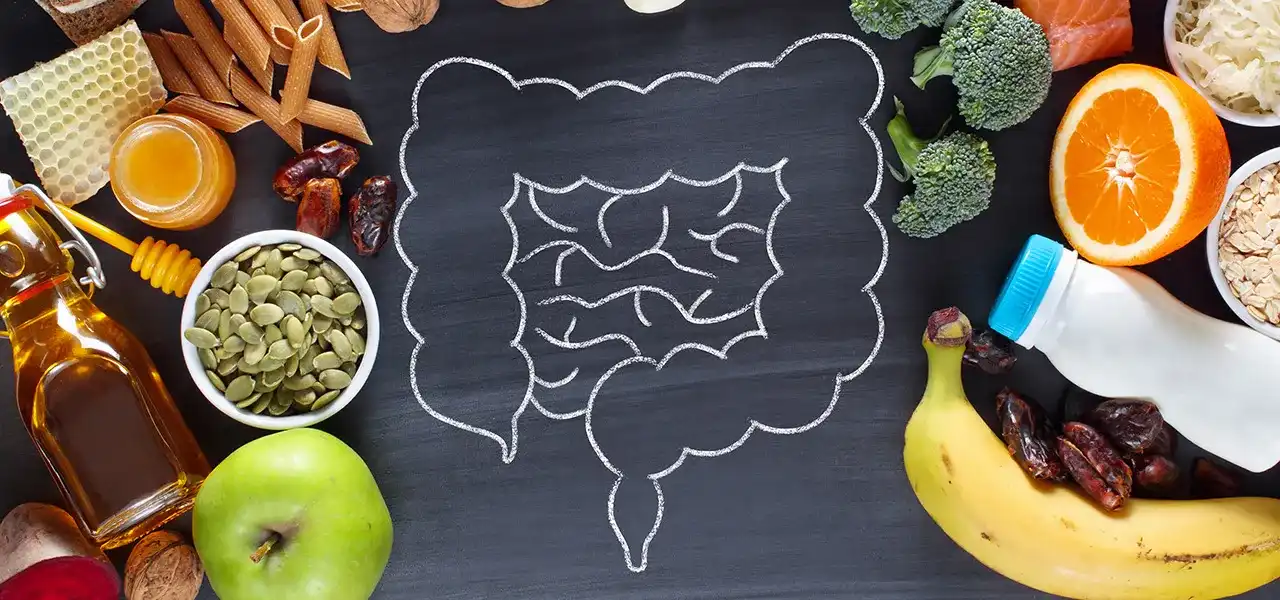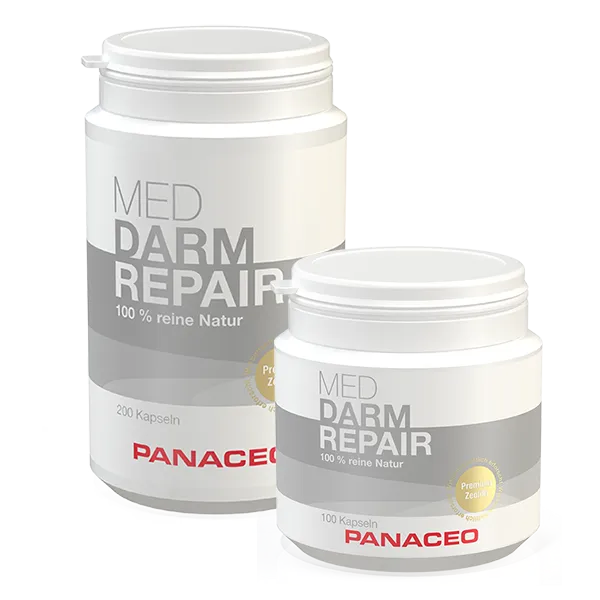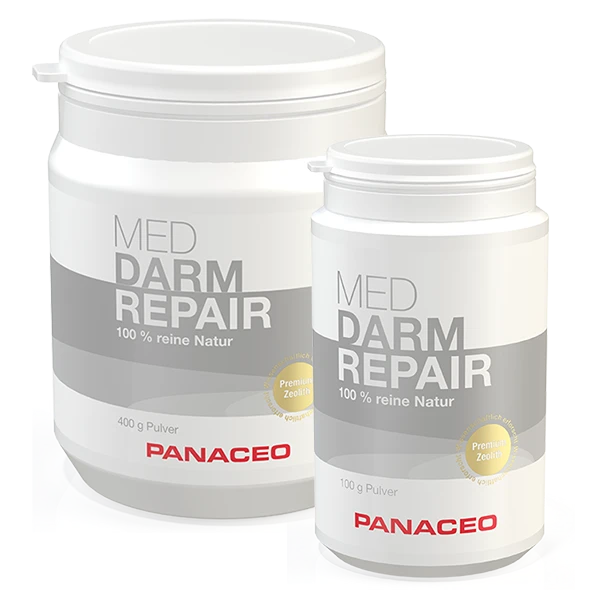Irritable Bowel Syndrome & Nutrition: How to Relieve Your Symptoms with the Right Diet
Irritable bowel & leaky gut
What Is Irritable Bowel Syndrome (IBS)?
Irritable Bowel Syndrome (IBS) is a chronic, functional disorder of the digestive system. The most common symptoms include abdominal pain, cramping, bloating, and alternating bowel habits (diarrhea, constipation, or both). While IBS is not considered dangerous, it can significantly impact your quality of life. For a detailed patient guide, see the German Medical Association’s IBS information .
Typical IBS Symptoms
- Recurring abdominal pain and cramps
- Bloating and a constant feeling of fullness
- Alternating diarrhea, constipation, or both
- Sensation of incomplete bowel emptying
Because symptoms vary widely from person to person, an individual approach to IBS management is essential.
Why Diet Matters in IBS
Studies show that up to 80% of people with IBS notice a direct link between their diet and symptom flare-ups. Common triggers include certain types of sugars, fats, and highly processed foods (study).
Dietary Strategies for IBS Relief
1. The Low-FODMAP Diet
FODMAPs are fermentable carbohydrates that are difficult to digest. They can draw water into the intestine and produce gas – leading to bloating and abdominal pain. The low-FODMAP diet reduces these foods for 6–8 weeks, followed by gradual reintroduction. Learn more from the AOK guide and the Drug Commission of the German Medical Association.
High-FODMAP vs. Low-FODMAP Food Examples
| High-FODMAP (limit/avoid) | Low-FODMAP (better tolerated) |
|---|---|
| Wheat, rye, barley | Gluten-free grains, oats, rice |
| Onions, garlic, leeks | Zucchini, spinach, carrots |
| Apples, pears, cherries | Ripe bananas, berries, melon |
| Cow’s milk, yogurt, soft cheese | Lactose-free milk, hard cheese, almond milk |
| Beans, lentils, chickpeas | Quinoa, millet, small amounts of canned chickpeas |
2. Fiber Intake
Soluble fiber such as psyllium husk can help regulate bowel movements and reduce bloating. Insoluble fiber like wheat bran may worsen symptoms (source).
3. Gentle, Easily Digestible Foods
Many people tolerate cooked vegetables better than raw ones. Examples include zucchini, carrots, and pumpkin. Ripe, low-acid fruits such as bananas or honeydew melon are also gentler on digestion. See more practical tips at the Barmer guide.
4. Personalized Approaches
New studies are exploring how the gut microbiome influences dietary recommendations. Web-based personalized nutrition programs have shown promising results (2024 study).
How MED DARM-REPAIR Supports IBS Management
MED DARM-REPAIR is a natural medical product based on PMA-zeolite (activated clinoptilolite). It targets IBS-related issues and supports the regeneration of your intestinal barrier. Benefits include:
- Strengthening the gut barrier: Helps repair the intestinal lining and restore its protective function.
- Symptom relief: Can regulate bowel movements and reduce bloating, abdominal pain, and inflammation.
- Binding toxins: Zeolite binds ammonium, heavy metals, and toxins, reducing the overall intestinal burden.
- Supporting gut flora: By cleaning the intestinal environment, it promotes healthy microbiota balance.
- Proven in practice: PMA-zeolite has been in clinical use for over 20 years, with more than 3 million units sold.
When is it recommended? If you experience IBS symptoms such as bloating, abdominal pain, or “leaky gut,” MED DARM-REPAIR may be a gentle and supportive option. Always follow the instructions on the package or consult your doctor or pharmacist.




